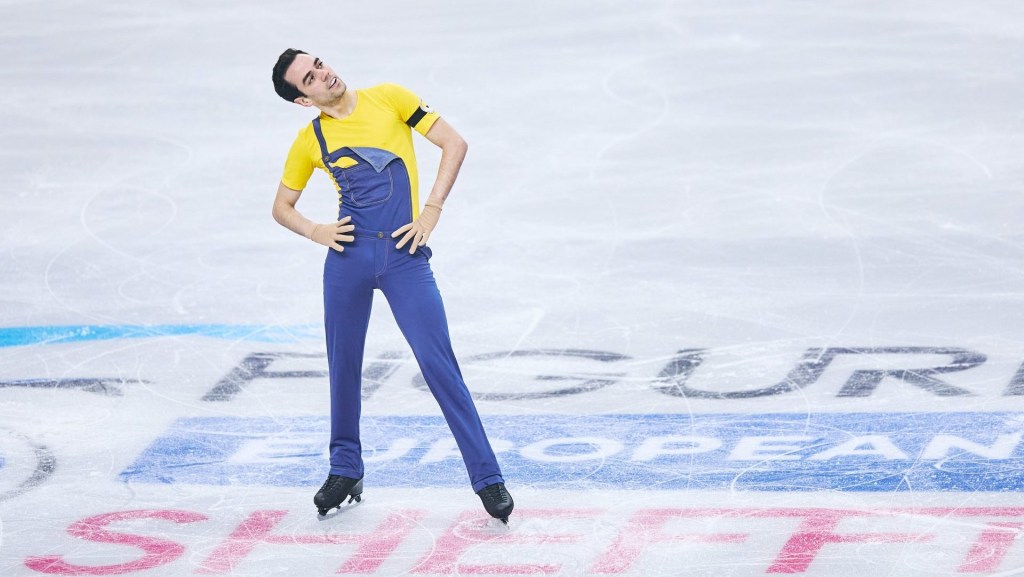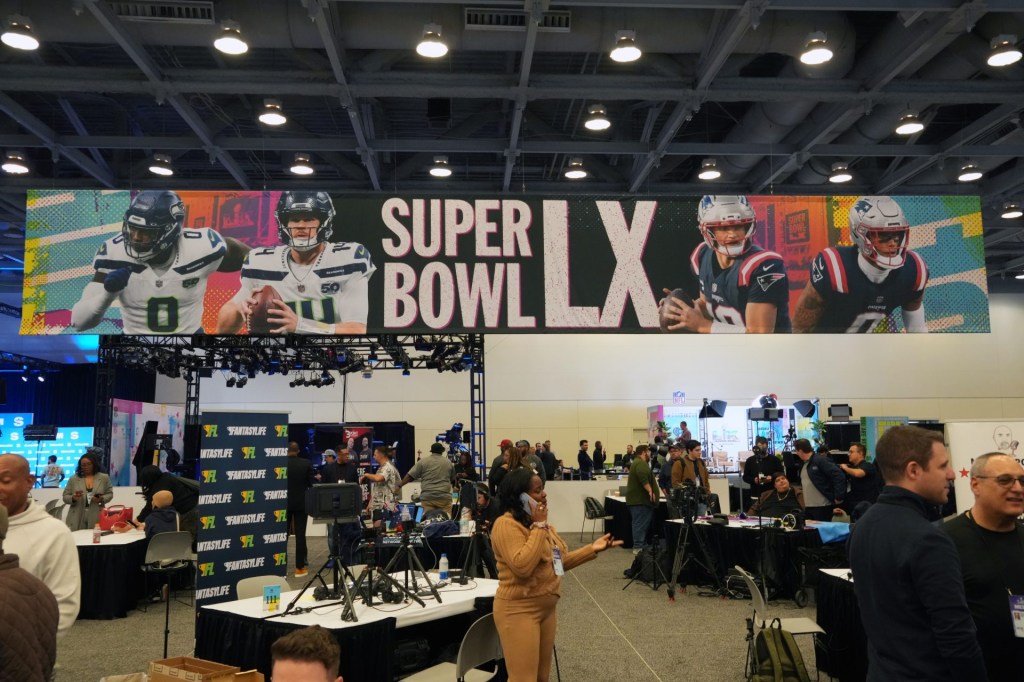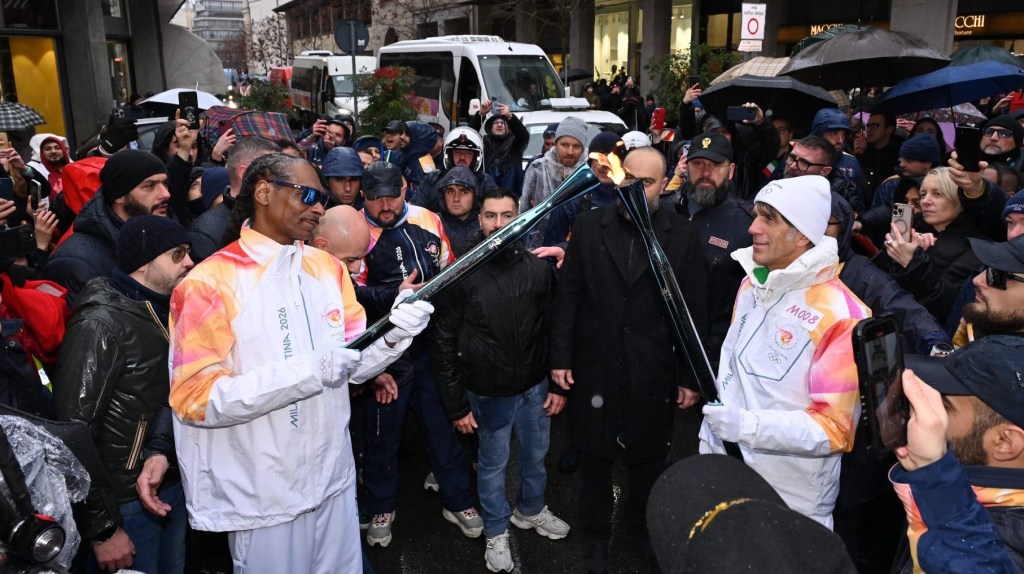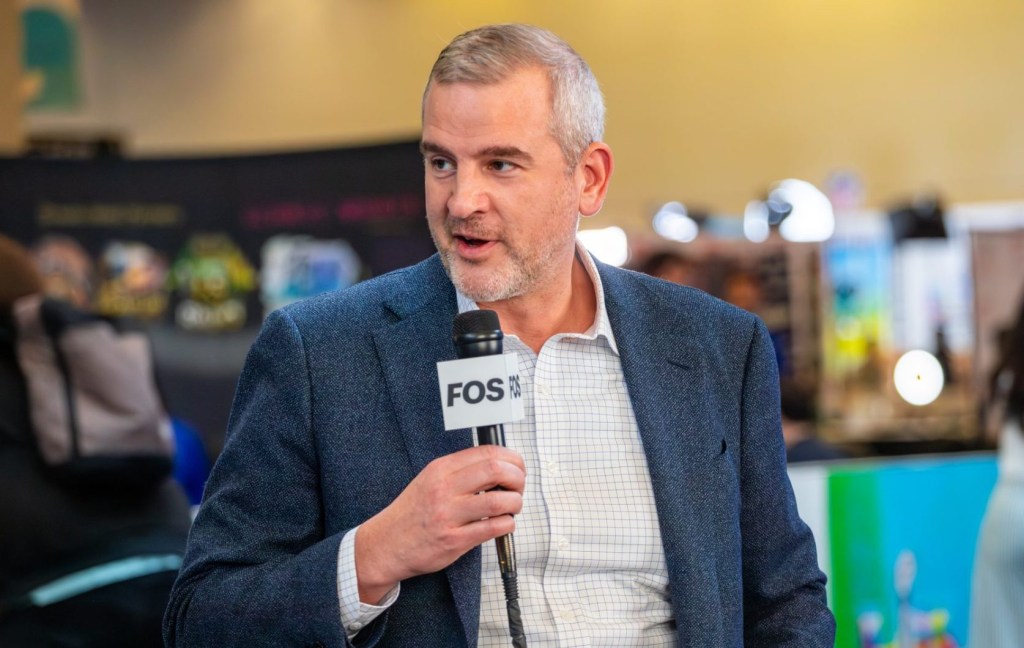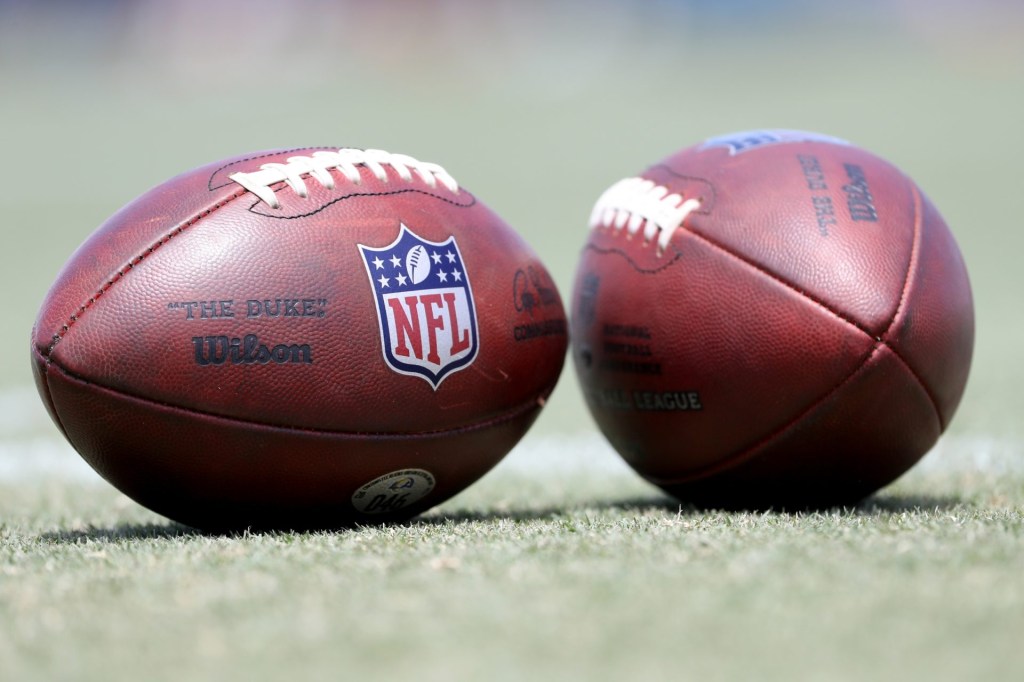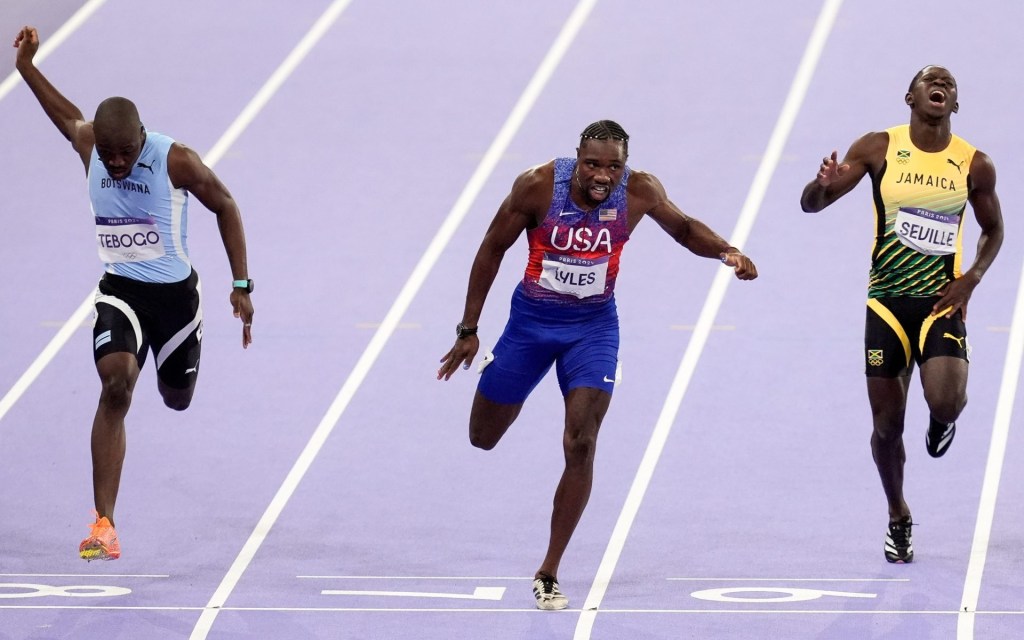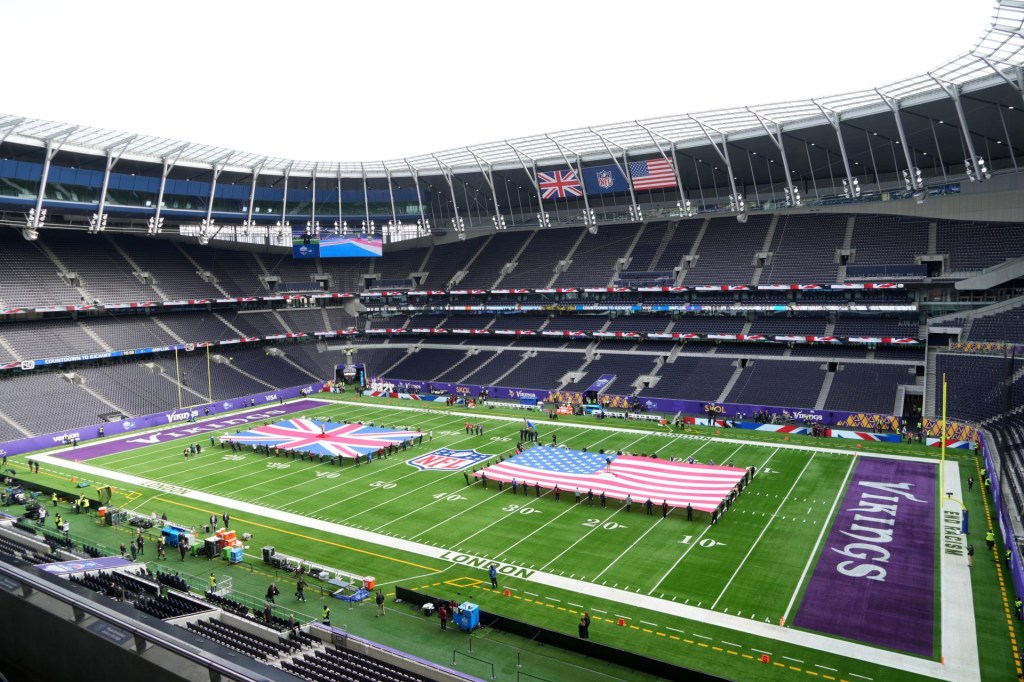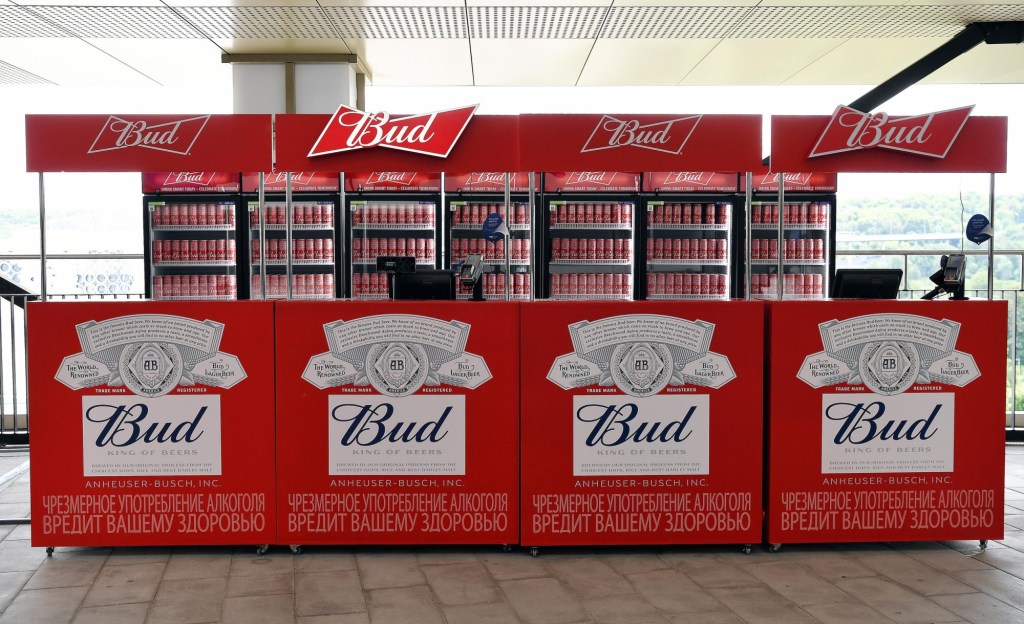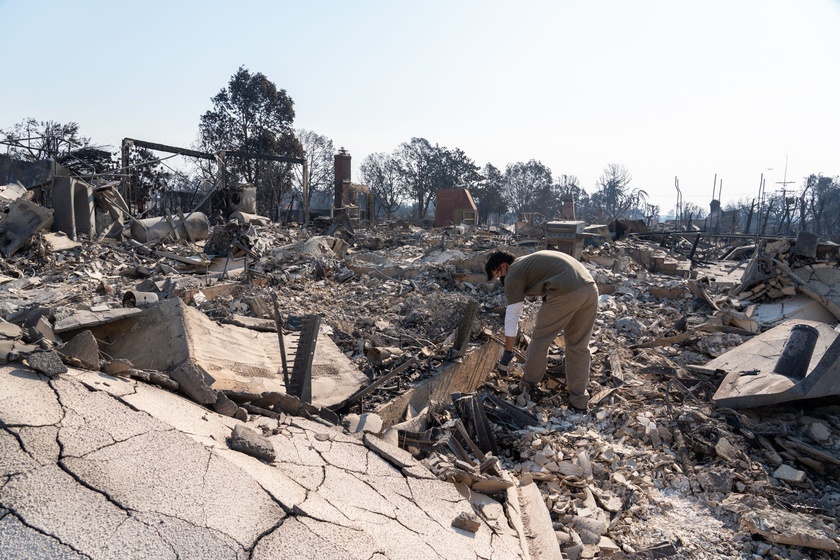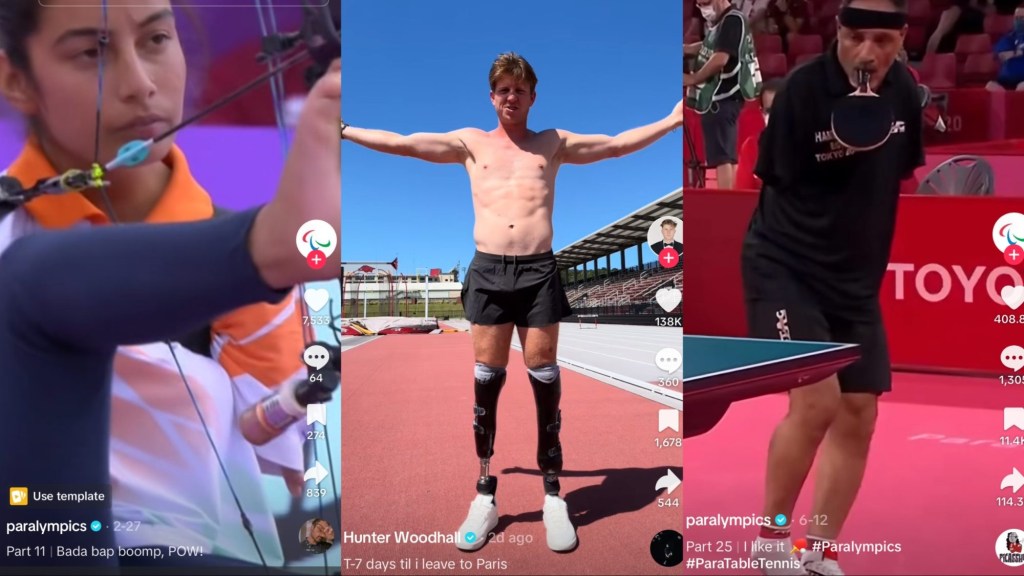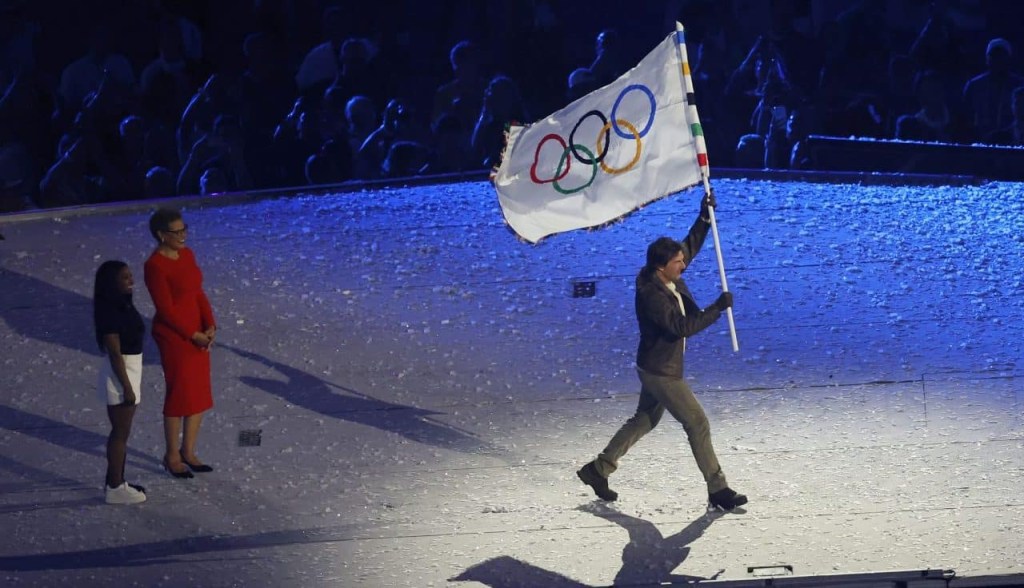Sponsors and athletes of the 2022 Winter Olympics in Beijing are being placed in an increasingly difficult position when it comes to speaking out on current events in China.
Companies partnering with the Olympic Games have been under pressure to discuss alleged human rights abuses — including claims of genocide — against Muslim Uighurs, Tibetans, and other minorities in China. There were similar reports when the city hosted the Olympics in 2008.
“China has no genocide, period,” said China’s Foreign Ministry spokesperson, Zhao Lijian. But critics and activists believe otherwise, and they’re putting the heat on sponsors like Airbnb, Coke, Visa, and others.
“Airbnb describe themselves as a company that talks of having ethos,” Blair McDougall, campaign director for Stop Uighur Genocide told the Associated Press. “So far they have ignored us.”
Despite the turmoil, the International Olympic Committee’s price to sponsor the games continues to rise. Sponsors account for 18% of the IOC’s income — each pays at least $1 billion — and almost all the rest comes from broadcasting rights.
Athletes don’t have a clear path forward, as speaking out comes with the potential threat of losing a spot on one of the world’s biggest competitive stages.
After four years as a brand ambassador for Huawei, FC Barcelona and French national team forward Antoine Griezmann cut ties with Chinese tech giant Huawei in December, citing “strong suspicions” the company had contributed to atrocities against Uighurs.
In a statement to the Associated Press last fall, the IOC said it “has neither the mandate nor the capability to change the laws or the political system of a sovereign country.”

